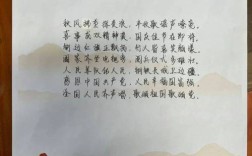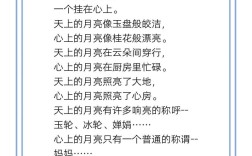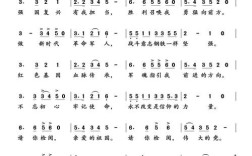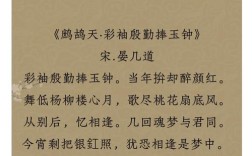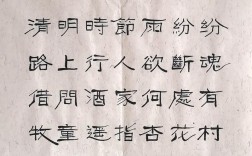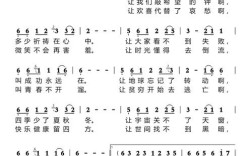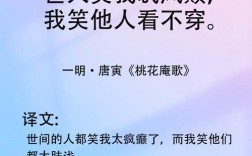Of course. Here are eight of W.B. Yeats's most celebrated and classic poems in English, chosen for their enduring themes of love, Irish mythology, aging, and the mystical.
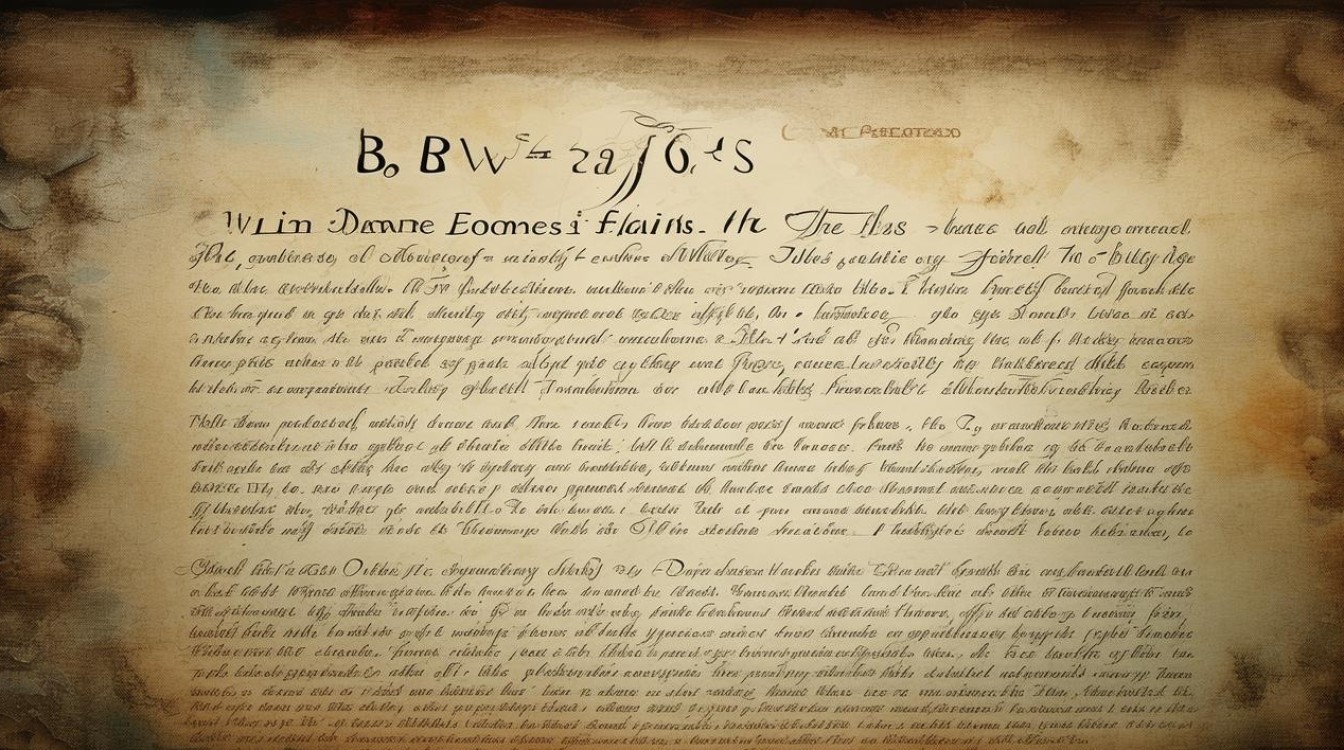
For each poem, I've provided the full text and a brief explanation of its significance and themes.
The Lake Isle of Innisfree
This is perhaps Yeats's most famous and beloved poem. It is a beautiful expression of the Romantic desire to escape the modern world and find peace in a simple, natural life.
I will arise and go now, and go to Innisfree, And a small cabin build there, of clay and wattles made: Nine bean-rows will I have there, a hive for the honey-bee, And live alone in the bee-loud glade.
And I shall have some peace there, for peace comes dropping slow, Dropping from the veils of the morning to where the cricket sings; There midnight’s all a glimmer, and noon a purple glow, And evening full of the linnet’s wings.
I will arise and go now, for always night and day I hear lake water lapping with low sounds by the shore; While I stand on the roadway, or on the pavements grey, I hear it in the deep heart’s core.
Significance: A masterpiece of escapism and a deep yearning for a spiritual and physical home in nature. The rhythm mimics the lapping of water, creating a meditative and hypnotic effect.
The Second Coming
Written in the aftermath of World War I, this is one of the most powerful and influential poems of the 20th century. Its apocalyptic vision of a world spinning out of control is both terrifying and prophetic.
Turning and turning in the widening gyre The falcon cannot hear the falconer; Things fall apart; the centre cannot hold; Mere anarchy is loosed upon the world,
The blood-dimmed tide is loosed, and everywhere The ceremony of innocence is drowned; The best lack all conviction, while the worst Are full of passionate intensity.
Surely some revelation is at hand; Surely the Second Coming is at hand. The Second Coming! Hardly are those words out When a vast image out of Spiritus Mundi Troubles my sight: somewhere in sands of the desert A shape with lion body and the head of a man, A gaze blank and pitiless as the sun, Is moving its slow thighs, while all about it Reel shadows of the indignant desert birds.
The darkness drops again; but now I know That twenty centuries of stony sleep Were vexed to nightmare by a rocking cradle, And what rough beast, its hour come round at last, Slouches towards Bethlehem to be born?
Significance: Its famous lines "Things fall apart; the centre cannot hold" and "The best lack all conviction, while the worst / Are full of passionate intensity" have become permanent fixtures in the English language for describing periods of chaos and moral collapse.
Sailing to Byzantium
This poem deals with the conflict between youth and age, the physical and the spiritual. An old man rejects the transient world of the young and sails to the eternal city of Byzantium to become a work of art.
That is no country for old men. The young In one another's arms, birds in the trees, —Those dying generations—at their song, The salmon-falls, the mackerel-crowded seas, Fish, flesh, or fowl, commend all summer long Whatever is begotten, born, and dies. Caught in that sensual music all neglect Monuments of unageing intellect.
An aged man is but a paltry thing, A tattered coat upon a stick, unless Soul clap its hands and sing, and louder sing For every tatter in its mortal dress, Nor is there any school but where the soul Can clap its hands and sing, and louder sing For every tatter in its mortal dress: Nor form nor motion, but a marble shell That a tumultuous, momentary stay Amid the dancing at an eternal play.
An aged man is but a paltry thing, A tattered coat upon a stick, unless Soul clap its hands and sing, and louder sing For every tatter in its mortal dress.
Consume my heart away; sick with desire And fastened to a dying animal It knows not what is; and gather me Into the artifice of eternity.
Once out of nature I shall never take My bodily form from any natural thing, But such a form as Grecian goldsmiths make Of hammered gold and gold enamelling To keep a drowsy Emperor awake; Or set upon a golden bough to sing To lords and ladies of Byzantium Of what is past, or passing, or to come.
Significance: A profound meditation on aging and the search for permanence through art. The journey to Byzantium symbolizes the quest for a timeless, spiritual existence beyond the decay of the physical body.
When You Are Old
This tender and poignant poem is one of the most famous love poems ever written. It speaks of a love that is based on a deep, unchanging understanding of the beloved's true self.
When you are old and grey and full of sleep, And nodding by the fire, take down this book, And slowly read, and dream of the soft look Your eyes had once, and of their shadows deep;
How many loved your moments of glad grace, And loved your beauty with love false or true, But one man loved the pilgrim soul in you, And loved the sorrows of your changing face;
And bending down beside the glowing bars, Murmur, a little sadly, how Love fled And paced upon the mountains overhead And hid his face amid a crowd of stars.
Significance: It contrasts the transient, superficial attractions of youth with the enduring, spiritual love that sees and cherishes the inner self. The final image is one of beautiful, heart-wrenching loss.
Easter, 1916
This poem reflects on the Easter Rising in Dublin, a pivotal event in Irish history. Yeats wrestles with the transformation of his friends from ordinary people into martyrs for a cause.
I have met them at close of day Coming with vivid faces From counter or desk among grey Eighteenth-century houses.
I have passed with a nod of the head Or polite meaningless words, Or have lingered a little while And said but word of ours,
To dream of a cause they believed in With a kind of romantic thrill, Or to boast that they were old friends Of the hero of a hill,
Or whisper how much tax to pay, Or how to settle a dispute, Or what to do in any case, When some one had died or was born.
All changed, changed utterly: A terrible beauty is born.
(The poem continues, naming specific individuals who took part in the Rising, including Con Markievicz, and reflecting on their sacrifice and the permanent change they brought to Ireland.)
This man had kept a school And rode our winged horse; This other his helper and friend Was coming into his force; This other man had done most work, brought summer and riches; And this other our darling and sweet And radiant He shall find the heavens.
The horse that comes from the road, The rider, the birds that range From cloud to tumbling cloud, Minute by minute they change; A shadow of cloud on the stream Changes minute by minute; A horse-hoof slides on the brim, And a horse plashes within it; The long-legged moor-hens dive, And hens to moor-cocks call; Minute by minute they live: The stone's in the midst of all.
Too long a sacrifice Can make a stone of the heart. **O when may it suffice?

